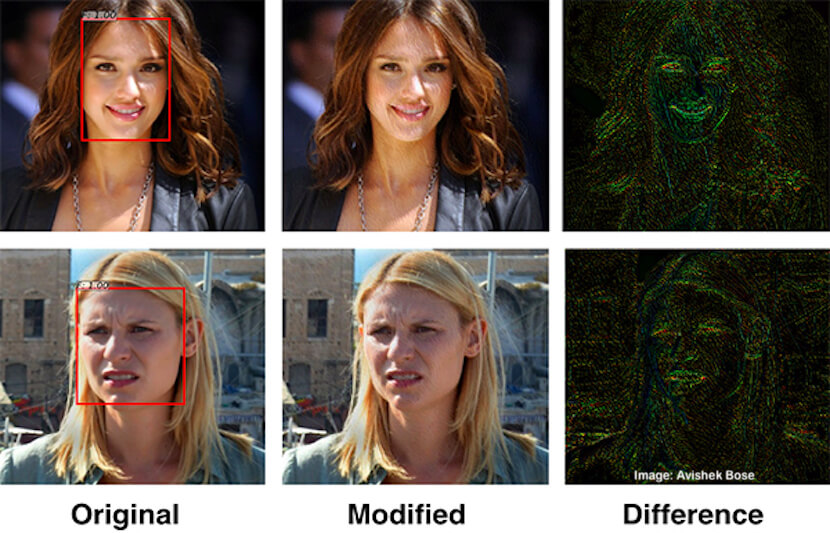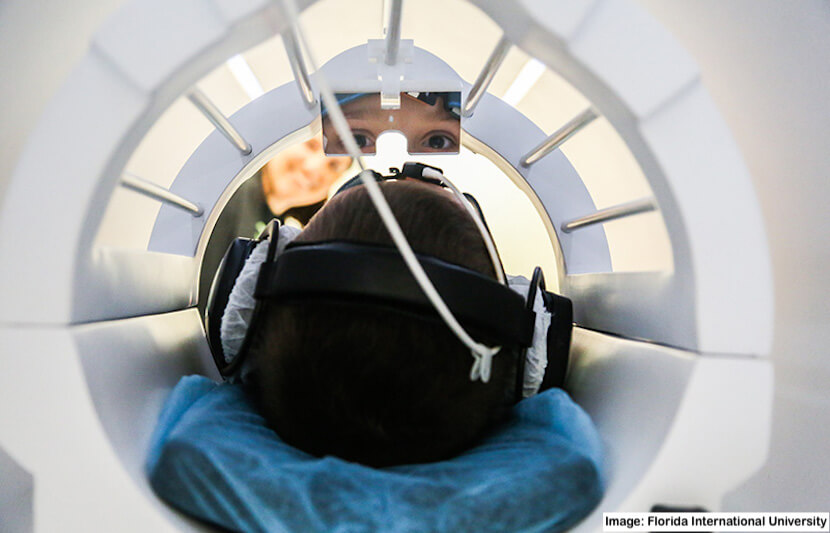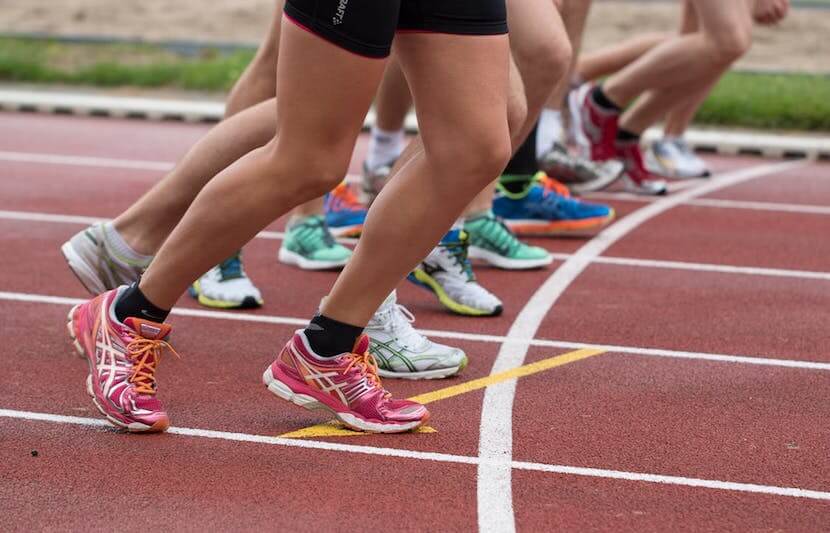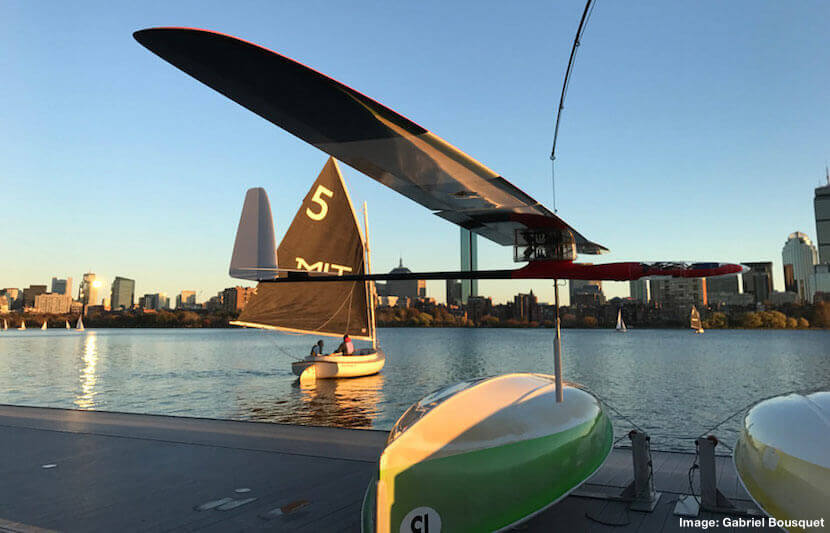-
New ‘Privacy Filter’ Protects Online Personal Information
Every time you, your family or friends upload a photo or video to a social media platform, facial recognition algorithms learn more about who you are, who you know and where you are. To account for people’s privacy concerns, researchers at the University of Toronto (U of T) have developed an algorithm that can disrupt… Read More
-
Tiny Ultrasound-Powered Robots Remove Harmful Bacteria From Blood
Engineers at the University of California San Diego have developed microscopic robots that can swim through blood and remove harmful bacteria and toxins. These nanorobots are about 25 times smaller than the width of a human hair, and could lead to an efficient and safe way to decontaminate biological fluids in the body. The research… Read More
-
Matching Students with the Right Colleges Key to Success
Every year, highly-qualified students from around the U.S. forego the opportunity to attend top colleges and universities in favor of less competitive ones. This phenomenon is called undermatching, and it has been a persistent problem for educators and policymakers in recent years. In a recent study, researchers at the University at Buffalo (UB) have found… Read More
-
A Healthy Social Life Can Save Grandma’s Memory
Having strong social ties can cause memory improvement in old age, according to a new study by The Ohio State University researchers. They determined that mice living in groups developed better memories and had healthier brains than mice living in pairs of two. “Having lots of friends probably boosts your memory while having fewer makes… Read More
-
No More Chores: Robot ‘Agents’ Will Do Them All
Have you ever fantasized about having a robot sidekick? How about a machine for all your daily, time-consuming household chores, so you can sit back and relax? That could well be in our future if a team of researchers headed by MIT and the University of Toronto has anything to do with it. The researchers… Read More
-
Learning Physics Can Activate New Parts of the Brain
A new study shows that solving physics problems opens up a new part of the brain that is not traditionally associated with learning. Researchers from Drexel University and Florida International University (FIU) claim that their work shows that brain activity can be altered by specific forms of instruction. “We think there is a good reason… Read More
-
Facebook Helps Young Adults Quit Smoking
Social media may be the most effective smoking quitline for young adults, a new study suggests. Led by Danielle Ramo, an associate professor of psychiatry at UC San Francisco and member of its Weill Institute for Neurosciences, the researchers found that young adult smokers are 2.5 times more likely to quit smoking with programs conducted… Read More
-
Dining Out? Pay Attention to the Music Before You Order
Would you still be in the mood for a cheeseburger and fries if soft, calming music is being played at a restaurant? According to a new study by the University of South Florida, the answer is probably not. The USF researchers found that background music in a restaurant has an impact on diners’ food… Read More
-
Leg Exercise Deemed Pivotal for Brain Health
It’s common knowledge that a healthy body is reliant on a healthy brain, but a new study shows that the ability to walk, run, crouch and use leg muscles to lift things also benefits the brain and nervous system. Researchers from two universities in Italy — the University of Milan and the University of Pavia… Read More
-
Here’s Why Time Shrinks Before an Upcoming Task or Appointment
An hour of free time feels much shorter when you have an upcoming task or appointment, new research proves. Through a series of studies, researchers at The Ohio State University found that time management before a scheduled event is often less productive than it could be. “We seem to take a mental tax out of… Read More
-
Robotic Glider Flies Like an Albatross and Sails Like a Boat
A team of engineers at MIT has developed a robotic glider capable of both soaring through the air in high winds and riding rapidly along the water’s surface. In drafting the unique design of their robot, which they call the “wind-powered Unmanned Nautical Air-water vehicle,” or UNAv, the researchers drew inspiration from both biological and… Read More
-
Physical Books or E-Readers: Which Option Do Millennials Prefer?
In today’s increasingly technology-driven society, millennials are often stereotyped as being “all about digital.” It will come as a surprise then that, when it comes to reading, the younger generation may actually prefer curling up with a physical book over an e-reader, much more so than the older generation, according to a new study. In… Read More
-
Why Men and Women Navigate Differently
Women tend to wander and take well-known routes to reach a familiar destination, while men prefer to take shortcuts and reach a destination more quickly, according to a new study. Led by Alexander Boone, a graduate student in the Department of Psychological and Brain Sciences at UC Santa Barbara, the study is comprised of two… Read More
-
Are We Using Our Smartphones More Than We Think?
When was the last time you looked at your smartphone? For most people, checking for a text, email or update has become second nature, and now research proves that we look at our smartphone more often than we are even aware of. A team from two universities in the UK — Lancaster University and the… Read More
-
A Human-Like 3D-Printed Smart Gel That Can Operate Underwater
A team of engineers from Rutgers University–New Brunswick has created a human-like 3D-printed smart gel that can walk underwater as well as grab and move objects. This new technology could lead to the development of soft robots that can mimic an octopus’s ability to walk underwater and bump into things without causing damage. In addition,… Read More
















